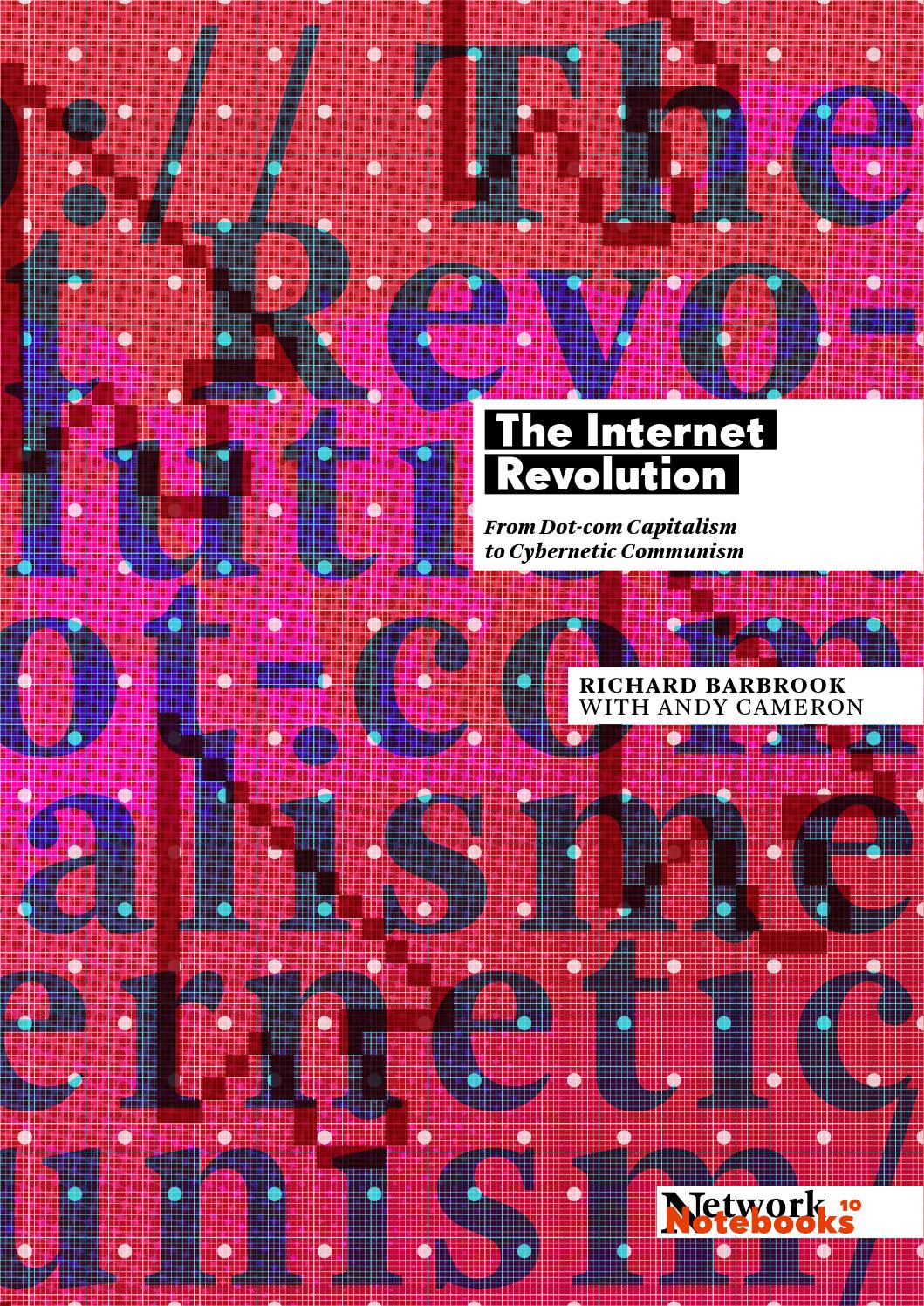Angela Nagle: Kill All Normies: Online Culture Wars from 4chan and Tumblr to Trump and the Alt-right (2017)
Filed under book | Tags: · 4chan, alt-right, internet, libertarianism, memes, tumblr, web

“Recent years have seen a revival of the heated culture wars of the 1990s, but this time its battle ground is the internet. On one side the “alt right” ranges from the once obscure neo-reactionary and white separatist movements, to geeky subcultures like 4chan, to more mainstream manifestations such as the Trump-supporting gay libertarian Milo Yiannopolous. On the other side, a culture of struggle sessions and virtue signalling lurks behind a therapeutic language of trigger warnings and safe spaces. The feminist side of the online culture wars has its equally geeky subcultures right through to its mainstream expression. Kill All Normies explores some of the cultural genealogies and past parallels of these styles and subcultures, drawing from transgressive styles of 60s libertinism and conservative movements, to make the case for a rejection of the perpetual cultural turn.”
Publisher Zero Books, Winchester, UK, 2017
ISBN 9781785355431, 1785355430
120 pages
Reviews: Leif Weatherby (Jacobin, 2017), Olivier Jutel (Overland, 2017), Cameron L Fantastic (2017), Gareth Watkins (Queens Mobs, 2017), Catherine Liu (LA Rev of Books, 2017), Jen Isakson and Ross Speer (Radical Philosophy, 2018).
Comment (1)Richard Barbrook with Andy Cameron: The Internet Revolution: From Dot-com Capitalism to Cybernetic Communism (2015)
Filed under book | Tags: · californian ideology, capitalism, communism, cybernetics, cyberspace, internet, libertarianism, neoliberalism, net criticism, silicon valley, technology, virtual reality

“Richard Barbrook and Andy Cameron’s The Californian Ideology, originally published in 1995 by Mute magazine and the nettime mailinglist, is the iconic text of the first wave of Net criticism. The internet might have fundamentally changed in the last two decades, but their demolition of the neoliberal orthodoxies of Silicon Valley remains shocking and provocative. They question the cult of the dot-com entrepreneur, challenging the theory of technological determinism and refuting the myths of American history. Denounced as the work of ‘looney lefties’ by Silicon Valley’s boosters when it first appeared, The Californian Ideology has since been vindicated by the corporate take-over of the Net and the exposure of the NSA’s mass surveillance programmes.
Published in 1999 at the peak of the dot-com bubble, Richard Barbrook’s Cyber-Communism offers an alternative vision of the shape of things to come, inspired by Marshall McLuhan’s paradoxical ‘thought probes’. With the Californian Ideology growing stronger, the Net was celebrated as the mechanical perfection of neoliberal economics. Barbrook shows how this futurist prophecy is borrowed from America’s defunct Cold War enemy: Stalinist Russia. Technological progress was the catalyst of social transformation. With copyright weakening, intellectual commodities were mutating into gifts. Invented in capitalist America, the Net in the late-1990s had become the first working model of communism in human history.
In an introduction written specially for this 20th anniversary edition, Richard Barbrook takes a fresh look at the hippie capitalists who shaped Silicon Valley and explains how their influence continues to this day. These thought probes are still relevant in understanding the contradictory impact of ubiquitous social media within the modern world. As McLuhan had insisted, theoretical provocation creates political understanding.”
Publisher Institute of Network Cultures, Amsterdam, Oct 2015
Network Notebooks series, 10
Creative Commons Attribution-NonCommercial-ShareAlike 4.0 International License
ISBN 9789492302014
51 pages
Replies to ‘The Californian Ideology’ published in Mute 4 (Spring 1996): Introduction, Louis Rossetto (Wired’s editor-in-chief), Franco (Bifo) Berardi, Celia Pearce.
PDF, PDF (4 MB)
EPUB, EPUB (3 MB)
Issuu
Adrian Johns: Death of a Pirate: British Radio and the Making of the Information Age (2010)
Filed under book | Tags: · libertarianism, mass media, media history, piracy, pirate radio, public broadcasting, radio, united kingdom

A killing in the English countryside takes us inside the world of pirate radio in its mid-1960s heyday.
When the pirate operator Oliver Smedley shoots and kills his rival Reg Calvert in Smedley’s country cottage on June 21, 1966, it is a turning point in the careening career of the outlaw radio stations dotting the coastal waters of England. Situated on ships and offshore forts like Shivering Sands, these stations blasted away at the high-minded BBC’s broadcast monopoly with the new beats of the Stones and the Who and DJs like Screaming Lord Sutch. For free-market ideologues like Smedley, the pirate stations were entrepreneurial efforts to undermine the growing British welfare state as embodied by the BBC.
The worlds of high table and underground collide in a riveting story full of memorable characters like the Bondian Kitty Black, an intellectual femme fatale who becomes Smedley’s co-conspirator, and the notorious Kray twins, brazenly violent operators of a London protection racket. Here is a rousing entertainment with an intellectual edge.
Publisher W. W. Norton & Company, 2010
ISBN 0393068609, 9780393068603
305 pages
WFMU’s Too Much Information show hosting the author
The Curse of TINA (Smedley’s story told by Adam Curtis, BBC)
PDF (updated on 2012-11-11)
Comments (3)
